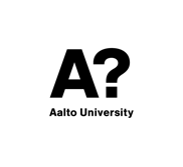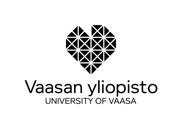The team and their target
In the West African country of Benin, traditional medicine is common practice. Eight out of ten people in Benin state that they use traditional medicine to some extent, and its use is deeply rooted in the country’s culture as well as in its people’s minds. Despite their important function in Beninese society, however, traditional therapists frequently lack formal education and are, in many cases, illiterate. It is this lack of a formal education of the traditional therapists, combined with the deep roots traditional medicine holds within the Beninese population, that sparked the idea for the research done by Victorien Dougnon, Jean-Robert Klotoe, Leena Hanski and their team: To upskill academic staff and boost the level of research in Benin in the field of medicinal plants. Their approach is based on innovative pedagogy that combines the “classical” researcher and the traditional medicine practitioners who rely on the plants’ functions without any evidence. The research, titled “Education for sustainable and rational approaches to the use of medicinal plants in Benin: Co-constructive pedagogical strategy, research, and dissemination of good practices”, was funded by GINTL’s 2022 project funding round from the University of Helsinki.
Photo (right): Dr. Victorien Dougnon (right), Professor Félicien Avlessi, Vice-Chancellor of the University of Abomey-Calavi (middle), and Professor Eléonore Yayi, Ministry of Higher Education and Scientific Research (left), during the launching ceremony of the Café Scientifique
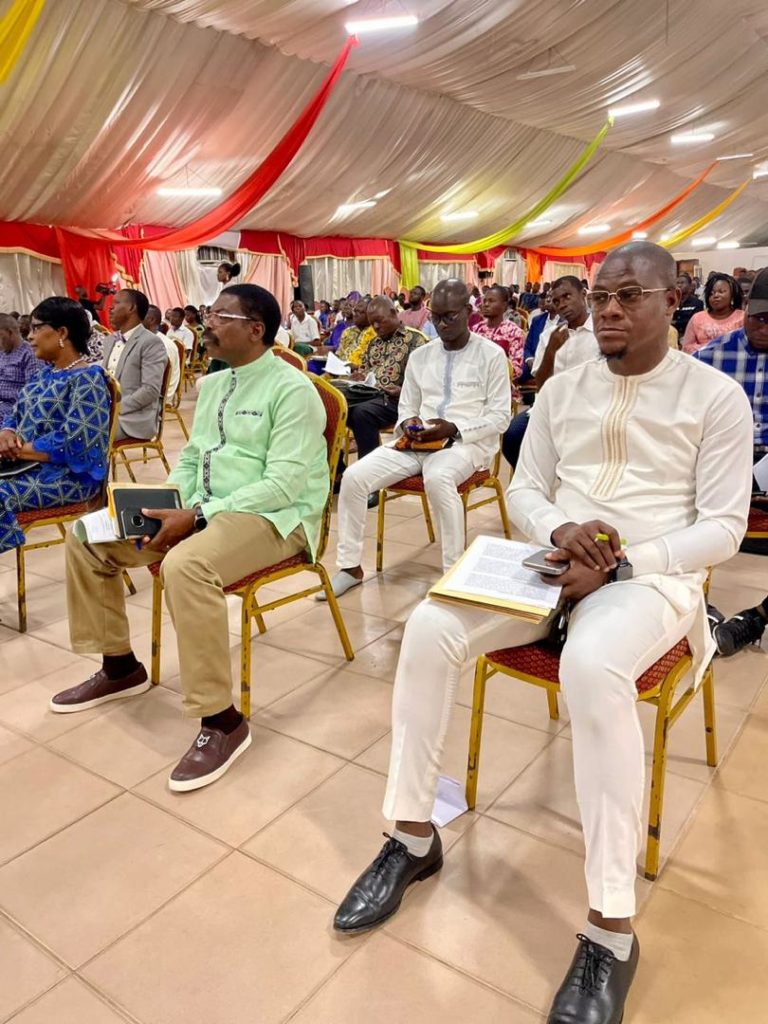
Luna Erica (GINTL) met with part of the team working on this project at the University of Helsinki’s Biocenter during the Beninese researchers’ visit to Finland. Among this team are, on the Beninese side, two pharmacologists (Jean-Robert Klotoe and Eric Agbodjento), a lab technician (Kafayath Fabiyi), and three microbiologists (Victorien Dougnon, Boris Lègba, and Esther Deguénon). On the Finnish side, there is Leena Hanski, Senior University Lecturer at the Faculty of Pharmacy, principal investigator and Head of the Pharmaceutical Research, Development and Safety master’s programme at the University of Helsinki, and coordinator of this collaboration. Her research group works on hard-to-treat bacterial infections in order to provide evidence on biological activity. Alongside her team, from the Finnish side, are Ilkka Miettinen, university instructor and developer of the university’s first discipline-based sustainability course (making the faculty the first to implement such a course), and Karmen Kapp, who holds a PhD in Pharmaceutical Sciences, focused on natural product analytics. Hanski emphasises her faculty’s great investments into digital teaching platform development – including VR platforms and augmented reality platforms for laboratory teaching environments.

It is this level of digital development, paired with Hanski’s pedagogical and research leadership position and the faculty’s background in sustainability, that makes the University of Helsinki’s Faculty of Pharmacy a great starting point for this collaboration. Since its development in August 2022, the project has already come a long way in linking the worlds of traditional healers and scientific researchers, and the team strives to move on along that path until the end of their GINTL funding period in November 2024 and beyond.
The project: upskilling staff and boosting research
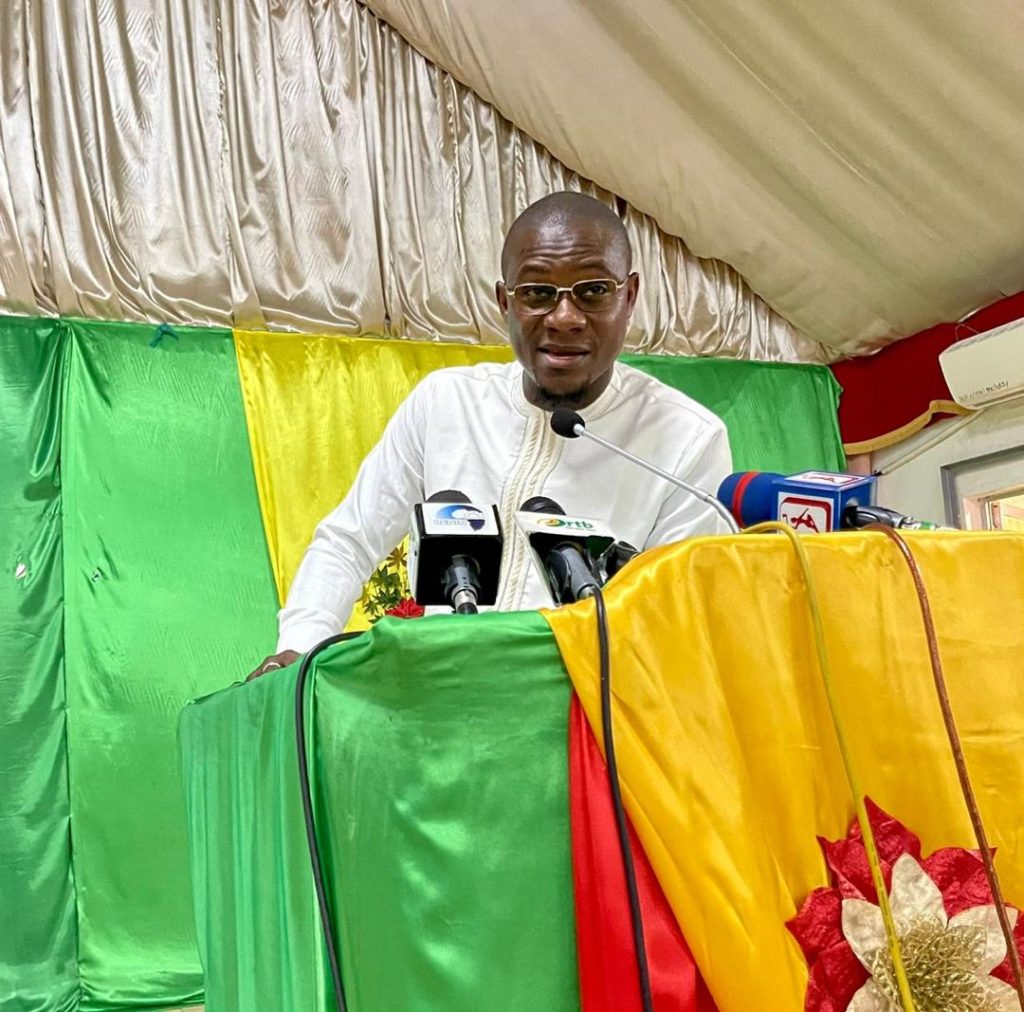
In the first ten months of the project, the team has already organised and set up, among other things, nine MOOCs, several learning cafes (called ‘Cafés Scientifiques’, outlined in more detail below), and a series of monthly webinars. All these actions are done in pursuit of their goal: The improvement of research on medicinal plants in Benin, and the upskilling of academic staff to further that research. What is especially remarkable about the project is its starting point. Its goal is not to westernise Beninese medicine; rather, it aims to maintain the values and respect the mindset of Beninese nationals and combine their existing knowledge of traditional medicine with the expertise of researchers in the field. The World Health Organization (WHO) has a similar programme aimed at the integration of traditional medicine into the healthcare systems of many developing countries. Considering the bigger picture, an integration of these two agents into, in the words of the Beninese team, “the best of both worlds”, may be the best way to promote the sustainability development goals.
Photo (left): Victorien Dougnon during an introductory speech as Local Coordinator of the GINTL Project in Benin during the launching ceremony of the Café Scientifique
The project began by means of an assessment of the current situation. The team agreed that there was a scientific interest in completing this project as well as a local one: Benin has a huge level of biodiversity, as well as lots of plants of which the chemical composition is not known or which have not been studied enough. On top of that, from a point of view that takes into consideration the sustainability of developing and discovering new drugs, many of these species are threatened ones that we do not have much time left to study. The interviewees suggest that over time, we have lost the connection between medicine and the nature that it is all a product of.
To further assess the situation, the team reviewed the past ten years of research on Beninese medicine and identified its strengths and weaknesses. The results showed a gap for their project to fill: Beninese scientific methods did not have enough depth due to a lack of equipment, bad system structures, and a lack of training in some of the researchers. Simultaneously, the team investigated the activities of traditional healers. They surveyed the healers’ knowledge and practices of medicinal plants – such as methods of storage and avoiding deterioration – and pinned down ways of improving their practice.

The final issue that lies at the very root of this project is the fragile bond that has historically existed between the traditional healers – or ‘traditherapists’ – and scientific researchers in Benin. Dougnon and Klotoe, in the interview, explain how many Beninese researchers regard the quality of traditional healers’ practices as lacking, while the healers feel unconfident with the researchers, afraid the scientists would steal their traditional recipes and “just disappear”. The trick for the team to achieve was to help both sides recognise that the one is working on something that the other can reinforce, and the other way around.
Achieving mutual collaboration within Benin
With the idea for the project conceptualised, the team applied for and received GINTL project funding from the University of Helsinki. They based their approach on innovative pedagogy combining the “classical” researcher and the traditional medicine practitioners who rely on the plants’ functions without any evidence. Linking these two worlds, the team argues, would enhance the field and produce more data to impact people’s lives, both in Benin and across the globe.
The team set out to first implement pedagogical training of lecturers in Benin and then to plan visits between Benin and Finland to share good practices and improve that training. In addition, three Beninese students will visit a Finnish university for six to nine months to do research and attend lectures so that they can transfer the knowledge and practices from Finland to Benin, to be implemented where they see fit. On top of these objectives, the team has kept busy with a whole range of activities to improve medicinal practice in Benin. Some of these are outlined below.
Organised events for sharing expertise
Café Scientifique
The Café Scientifique (French: “Scientific Cafe”) is a platform for all medicinal practitioners to gather in person and learn about the best practices of the field. These meetings are attended by traditional therapists, scientific researchers, and students alike, and consist of four hours of discussion and recommendation and “putting ideas together.” The cafes are attended by members of not only the university, but also those of the Ministry of Health and the Ministry of Higher Education in Benin. In fact, it was the Beninese Ministry of Higher Education itself that asked the team to organise these cafes, after the great quality of the team’s traditional healers’ survey results.
MOOCs
For the project, about nine MOOCs (Massive Open Online Courses) have already been created by experts in different fields related to medicinal practice, and more are coming. One instance of such a MOOC is the one presented by the Head of the Programme of Traditional Medicine in Benin, which centered on the topic of medicinal tests. The MOOC covered elements of the practice such as which tests to do when, and the best practices in performing such tests. In June 2023, the team is working on finishing a MOOC related to scientific approaches to therapeutical efficacy of medicinal plants used against transmissible diseases. Courses like this one help the traditional healers who follow them improve their practice. The programmes are created with the idea that traditional practitioners do their very best to make the right medicines but do not always have access to the best ways of doing so. These MOOCs, hopefully, would bridge the gap between their good intentions and the science necessary to practise medicine as well as possible.
Monthly webinars
In a monthly webinar, one expert in the field of traditional medicine presents a topic of their expertise in a two hours’ presentation for others to learn from. The audience for these webinars is very wide: flyers and links are spread through the entire extensive network of the team members and then through their networks’ networks as well. Interested parties from other French-speaking African countries also participate in the webinars, such as those from Senegal, Burkina Faso, and Mali. As the link and participation form are spread digitally, increasingly more participants join each month.
The monthly webinars are only limited in the sense that they are held exclusively in French – meaning that Beninese and other African nationals who only speak local languages do not have access to them. In response to this limitation, the team is already working on making a separate workshop based on the needs for the traditional practitioners, in their local languages. These workshops will take place in varying regions in Benin, in varying traditional languages, and the sessions will be specifically designed for traditional healers. The challenge they are currently working on solving is to figure out the best way to organise such a session to make it less scientific, and therewith simple for all attendees to understand. In that sense and in many others, the team is highly aware of the different target audiences they interact with. They continually strive to find new ways of doing things.

Takeaways and next steps
Hanski, Dougnon, and Klotoe agree that the GINTL funding from the University of Helsinki was a great start of their collaboration project. As they near the midway point of their funding period, they agree that although it is not easy to produce change – especially with humans – they also identified the fact that the largest problem they had to deal with was the lack of a connection between researchers and traditional medicine practitioners. As the gap between the two parties widened prior to this project, the team realised the importance of their research all the more. “We’re in the same boat. We need to drive it onwards, or we’ll all sink.”
One especially rewarding aspect of the project, according to Dougnon, has been the positive reaction from the Beninese population, even on a ministerial level. In fact, the Minister of Higher Education attended and stayed for the duration of an entire four-hour Café Scientifique – during which participants typically come and go within the four hours – specifying that she wants to openly support these sorts of projects. Akpovi Akoègninou, the author of the comprehensive guide to medicinal plants titled Flore Analytique du Bénin also attended one of the cafes and expressed his satisfaction on the initiative – a big pride point for the organisers because it brings together all categories of researchers working on medicinal plants.
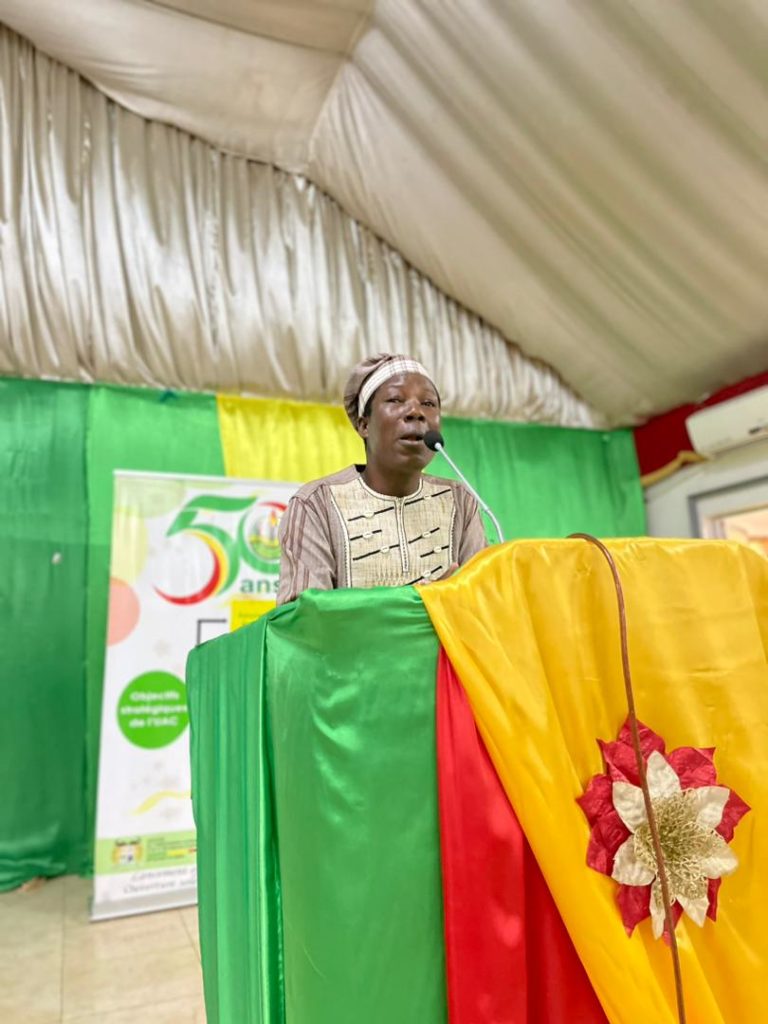
Education-wise, the combination of pedagogical training taking place in Benin and the support provided by the Helsinki team via the student-centered learning platforms and the integration of sustainability into the teaching of medicinal plants in the pharmaceutical faculty has created opportunities for both sides of the collaboration. The knowledge export from Finland to Benin is one obvious advantage, but for the Finnish side of the collaboration, this has been a great opportunity to increase internationalisation.
The project has already proved effective in that the rate of traditional healers coming to the laboratory asking for help has increased a lot. The Federation of Traditional Healers in Benin is also getting more and more structured: it is setting new standards and has started issuing licenses for traditional healers to prove that they belong to the federation and thus also meet a certain standard in their practice.
Photo (left): M. Marcellin Aïgbè, Executive Secretary of one of the networks of traditherapists, delivering a speech during the study related to the needs of the sector
At the moment, the team is still working on improving the trust between the scientific researchers and the traditional healers. They emphasise that they want to stick with their tailored approach: that it is the very fact that rather than taking a modern western approach to replace traditional medicine with other medicine, they chose the more sustainable option of maintaining Benin’s rich cultural heritage for their project that makes it so special. Rather than eradicating the core of Beninese medicine, they aim to make it safer, more evidence-based, and, ultimately, the best it can be.
Contributors to this article
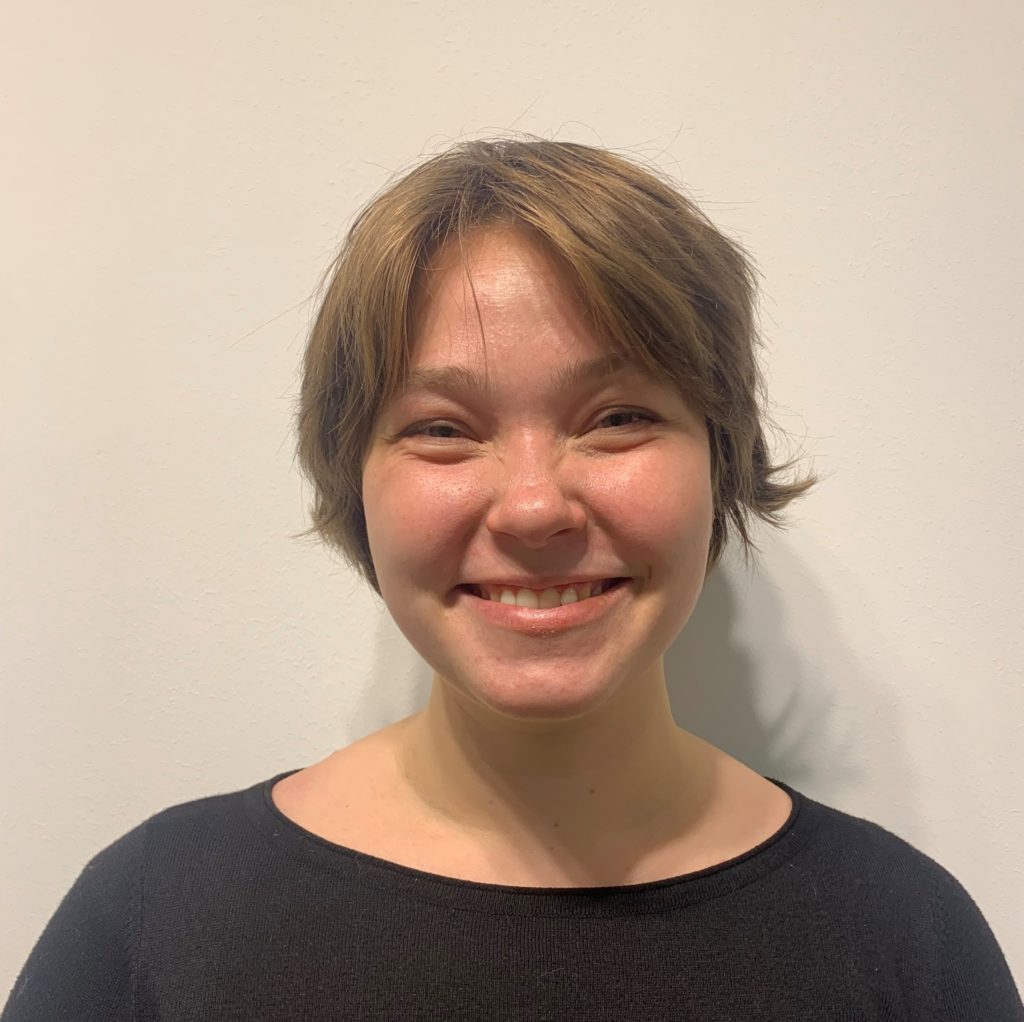
Luna Erica
Research Assistant, Global Innovation Network for Teaching and Learning (GINTL)
luna.erica[at]helsinki.fi
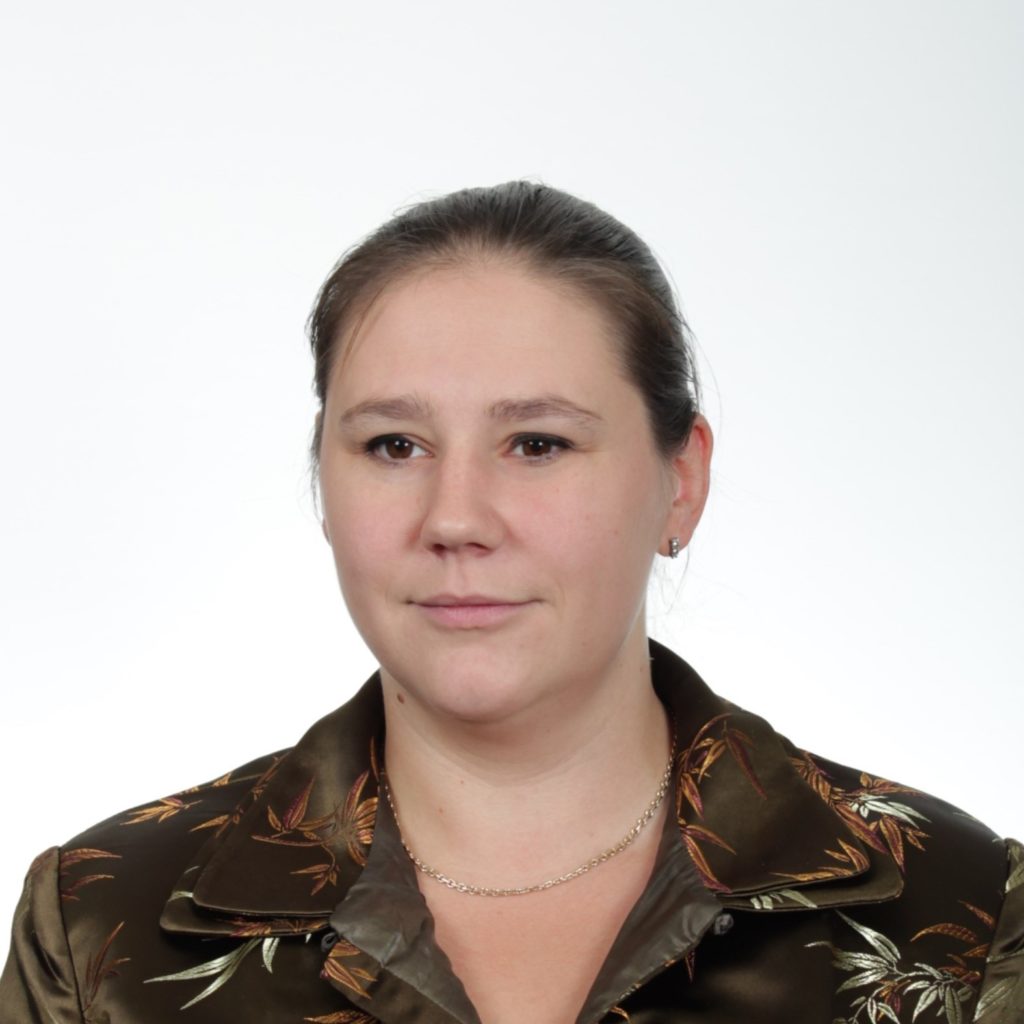
Leena Hanski
Senior University Lecturer, University of Helsinki;
Head of the Pharmaceutical Research, Development and Safety Master’s Programme, University of Helsinki
leena.hanski[at]helsinki.fi
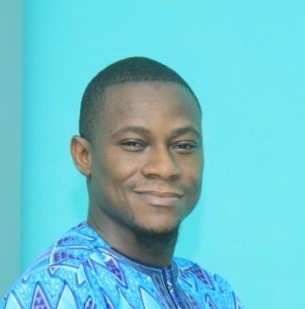
Victorien Dougnon
Associate Professor, University of Abomey-Calavi
victorien.dougnon[at]gmail.com
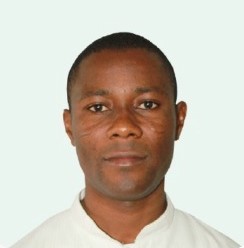
Jean-Robert Klotoe
Associate Professor, University of Abomey-Calavi
jrklotoe[at]yahoo.f


